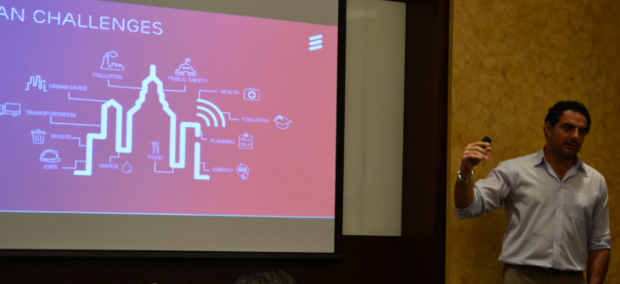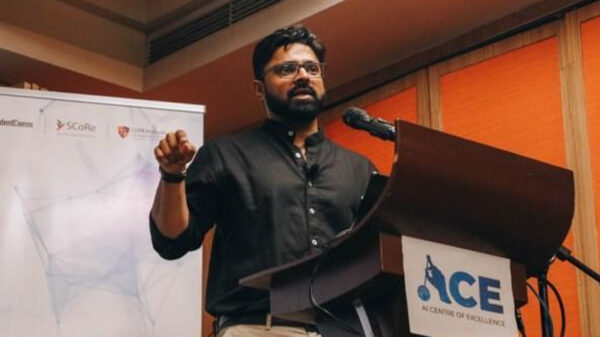Manila has been ranked as 8th most improved city in terms of ICT maturity, according to the 2014 Networked Society City Index report, an Ericsson study which examines and ranks 40 cities around the world, providing a framework for measuring their ICT maturity in relation to economic, social and environmental development or the “triple bottom line” effect. The index also shows that ICT can be an effective tool for supporting the sustainable development of cities.

“While it faces several social, economic and environmental challenges and still has a relatively low ICT maturity, Manila shows promising improvement rates,” said Elie Hanna, president and country manager at Ericsson Philippines.
Together with other most improved cities on the Top 10 list that include Lagos, Delhi, Cairo, Dhaka, Jakarta, Beijing, Shanghai, Moscow, and Karachi, Manila has shown progress in the ICT dimensions of the index: infrastructure, affordability, and usage.
“While it faces several social, economic and environmental challenges and still has a relatively low ICT maturity, Manila shows promising improvement rates,” said Elie Hanna, president and country manager at Ericsson Philippines, explaining that “the city has shown progress in the ICT dimensions of the index, which include infrastructure, affordability, and usage. Improvements in ICT maturity must continue so that the city can enjoy the triple bottom line progress that these improvements have been proven to create.”
The study found out that cities with low ICT maturity tend to be improving their ICT maturity faster than high performing cities, indicating a catch-up effect among many cities. Except for Moscow, this finding is very evident on the other nine cities on the list. Although these cities started with low maturity levels, they are now progressing in all ICT dimensions due to several social, economic and environmental challenges.
The report also says that developing cities can take advantage of the efforts of those more economically developed by copying their methods and technology. In effect, they can leapfrog technological stages by not investing in the types of infrastructure and technological solutions that are becoming obsolete and efficient. Instead, they can implement new business models and systems such as smart grids, sharing economies and other innovative solutions.
The 2014 Networked Society City Index shows an improvement in ICT infrastructure in cities around the world, with technology becoming significantly more affordable with the drop in tariffs and IP transit prices. These developments in turn have increased the number of people using ICT and change the way new technology is used. Smartphones and tablets are now being used to access the Internet, while social media sites are changing the way people interact with one another.
Leading the list of the Networked Society City Index is Stockholm, followed by London, Paris, Singapore, and Copenhagen, in the second to fifth position. The sixth to 10th place are occupied by Helsinki, New York, Oslo, Hong Kong, and Tokyo, respectively.










































































































